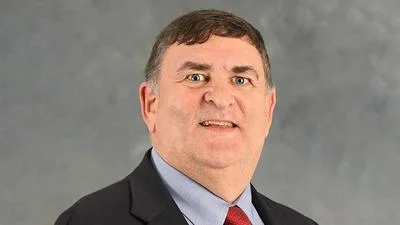Sen. Terri Bryant (R-Murphysboro) | senatorbryant.com
Sen. Terri Bryant (R-Murphysboro) | senatorbryant.com
In an April 24 Facebook post, Sen. Terri Bryant (R-Murphysboro) shared her focus on justice.
"Over the past few years, we have seen too many policies enacted that prioritize criminals in our justice system and ignore the victims of their crimes,” Bryant posted. “We need to send a signal to victims that we hear them, stand with them and will fight for them to see justice.”
In her Facebook post, Bryant shared a link to a news release on her official website that focused on a press conference by Republican lawmakers, including State Sens. Dale Fowler (R-Harrisburg), Sally Turner (R-Beason), Sue Rezin (R-Morris), Terri Bryant (R-Murphysboro) and Steve McClure (R-Springfield). The group came together to unveil legislation to combat the fentanyl epidemic, and provide justice for victims of crime.
Two bills, each focusing on crime victims, were sponsored by Bryant.
Senate Bill 1974 amends the Criminal Code of 2012. The bill elevates the charge when an individual who commits domestic battery against an individual 60 years of age or older to the crime of Aggravated Domestic Battery. Bryant filed the legislation on Feb. 9.
Senate Bill 1976, filed on Feb. 9 by Bryant, creates a new criminal offense: Domestic Assault. This makes it easier for law eforcement to pursue domestic offenders who knowingly place any family member of their household in fear they are about to be seriously harmed. It also ensures that defendants released from custody ahead of a trial will be ordered to refrain from contacting their victims or entering their residences for a minimum of 72 hours.
In the 2022 primary election, Bryant ran unopposed. She won in the general election on Nov. 8, 2022.
Bryant serves as the Minority Spokesperson for the Energy and Public Utilities Committee as well as a member of the Agriculture, Appropriations-Education, Behavioral and Mental Health, and Education committees. Bryant serves as a member of the Senate Higher Education Working Group and the Commission on Equitable Public University Funding.






 Alerts Sign-up
Alerts Sign-up